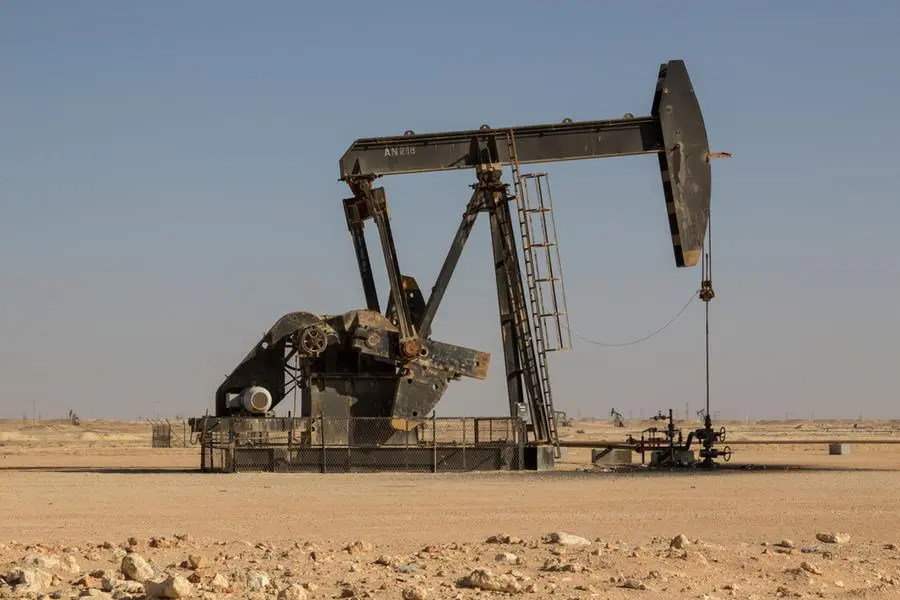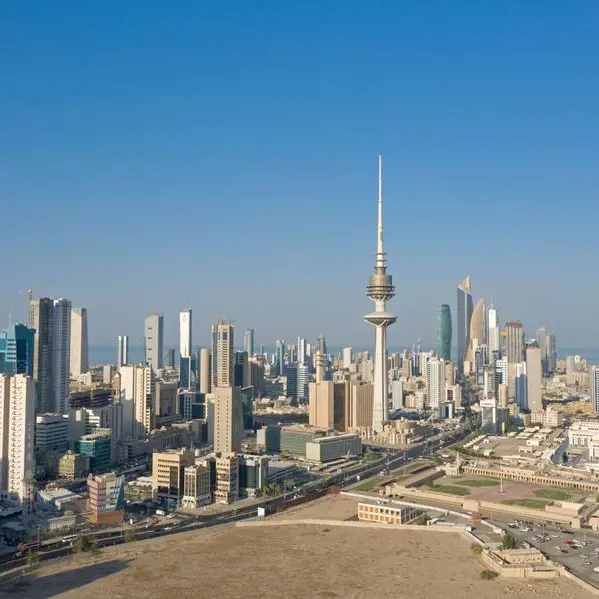PHOTO
MUSCAT: Oman’s fiscal performance report for October 2024 reveals significant developments in revenue generation, public expenditure, and debt management, underscoring the country’s strides in economic reform amidst global uncertainties. According to data released by the Ministry of Finance, both oil and non-oil revenues have shown strong growth, while fiscal challenges persist in areas such as deficit and debt levels.
Total state revenue reached RO 8.886 billion by October 2024, marking robust growth led by the oil sector, which contributed RO 5.436 billion—a 12 per cent increase from the same period in 2023. This increase is attributed to stable oil prices and enhanced production.
Non-oil revenue also displayed a healthy rise, totaling RO 3.450 billion, up 13 per cent from the RO 3.058 billion recorded in 2023. This growth underscores the success of Oman’s economic diversification initiatives, which have become a pillar of the government’s Vision 2040 plan to reduce dependency on oil revenues.
Public expenditure climbed to RO 8.722 billion, an 8 per cent increase from RO 8.095 billion in 2023. While current expenditures saw a slight decrease of 0.4 per cent, amounting to RO 6.152 billion, capital spending on development projects rose by 2 per cent to RO 2.454 billion. This spending aligns with Oman’s strategy to enhance infrastructure and support long-term economic growth. According to the Ministry, the strategic allocation of funds towards investment projects demonstrates the government’s commitment to sustainable development.
The fiscal deficit reached RO 1.583 billion, representing a 15 per cent increase from RO 1.345 billion in 2023. Public debt now stands at RO 9.198 billion, compared to RO 8.886 billion in 2023. The Ministry of Finance has indicated that deficit financing will continue through a combination of borrowing and government bonds, ensuring that fiscal responsibilities do not hinder ongoing development.
Oman’s GDP growth rate was reported at 14.4 per cent for the period ending in October 2024, a slight moderation from the previous year’s 15.7 per cent. The inflation rate remains controlled at 3.2 per cent, reflecting stable economic conditions amidst global price fluctuations. The Ministry remains vigilant on inflation management, aiming to maintain affordability and economic stability for consumers and investors alike.
The Ministry projects that total revenue by year-end will reach RO 11 billion, while expenditures are expected to total RO 13 billion, resulting in a projected deficit of RO 2 billion. This shortfall will be addressed through strategic borrowing and debt instruments to maintain financial liquidity and stability.
The Ministry emphasized the impact of structural reforms on fiscal efficiency, noting that the 12 per cent increase in oil revenue and 13 per cent rise in non-oil revenue reflect the success of diversification policies. Additionally, the Ministry’s commitment to fiscal discipline is evident in the marginal reduction in current expenditures, which frees up resources for priority projects.
Oman’s October fiscal report highlights a balanced approach to economic growth and fiscal management. Despite rising debt and a widening deficit, Oman’s government remains committed to prudent fiscal strategies, capital investments, and economic reforms to drive growth.
2022 © All right reserved for Oman Establishment for Press, Publication and Advertising (OEPPA) Provided by SyndiGate Media Inc. (Syndigate.info).





















